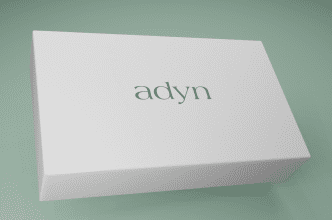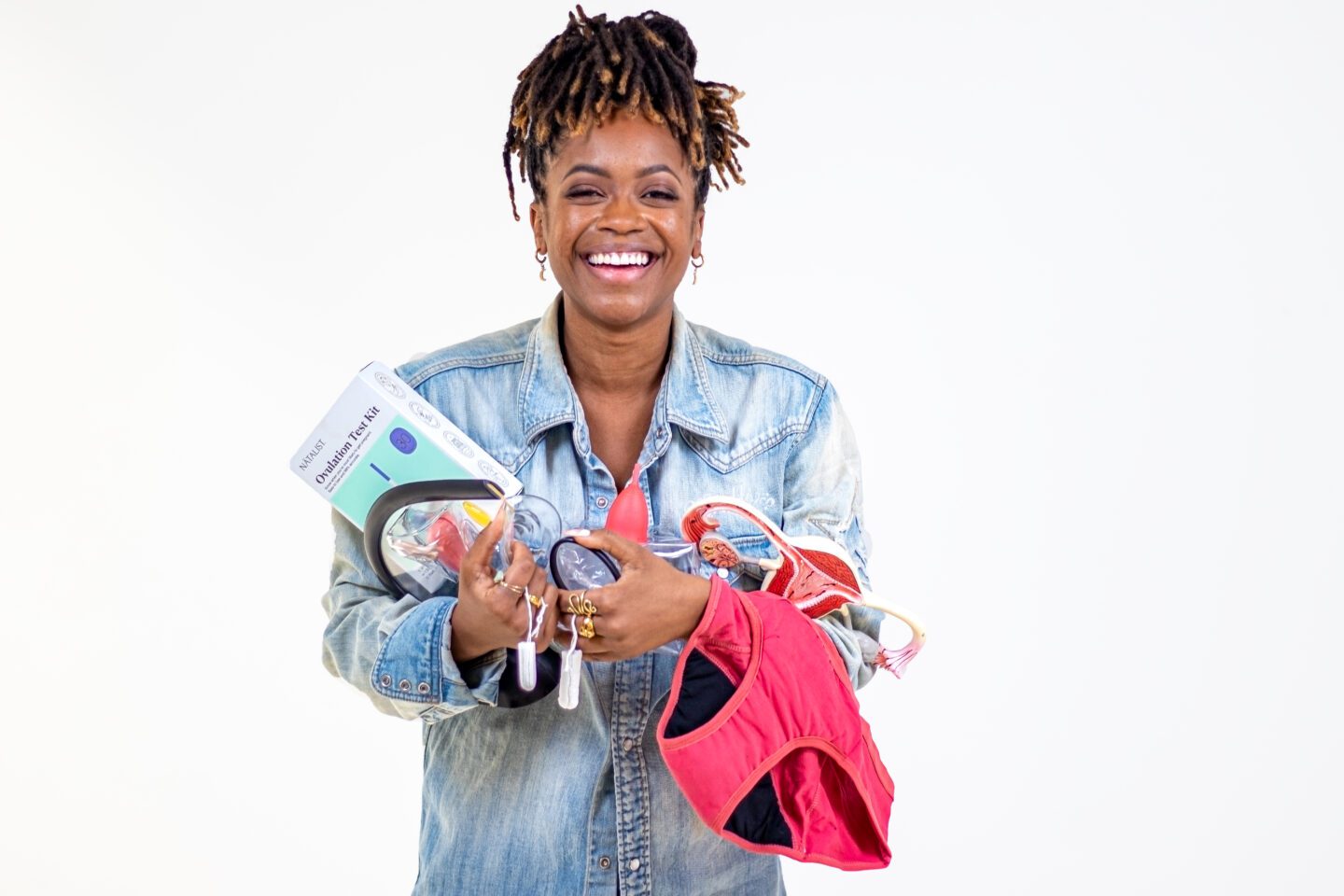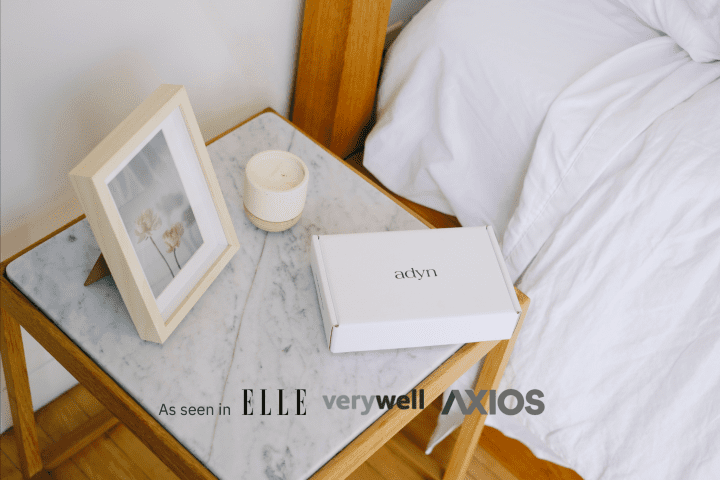1 out of 4 teens in the U.S. miss class because of lack of access to period products. 23% of students have struggled to afford period products. Period doula and menstrual health educator Chelsea VonChaz is passionate about destigmatizing and decolonizing menstruation.
In 2015 she founded the non-profit organization #HappyPeriod the first Black-led menstrual movement. She has since built a community focused on menstrual health access and education. In 2022 she founded Menärchē. A “wellness guide to a better period.” Their mission is to educate, inspire, and create a community practicing cycle care.
In celebration of Menstrual Health Day Chelsea shares how different tools helped her learn more about her body and improve her relationship with her cycle.
Cycle tracking is self-knowledge
Growing up I journaled damn near everything. So it was natural for me to write about my period. I also learned to track my period the old-school way, which was to simply mark it on a calendar. For me, menarche happened at age 10 and I had a tribe of “period heroes”. So for the most part I’ve always felt safe, educated, and even empowered about my period. Well, definitely when I was younger.
It wasn’t until I was in my late 20s when I began to be more detailed when journaling about my period. Whenever it was a really bad period, I would journal about it or mark it on my calendar.
Once period tracking apps came around, I used them and made sure to notate my symptoms.
The turning point came when I became aware of plaguing the women in my family. At that time my period was also my worst enemy. This inspired me to let this energy out by writing about my period. More so marking my symptoms, blood amounts, sharing how I felt mentally, and more. To this day, this is what I use when I consult with my doctors.
Is adyn right for you? Take the quiz.
Tracking your period can also be a journey. From menarche at age 10 to age 21 I used the calendar method to track my cycle. It wasn’t until my early 20s that I was introduced to BBT and cervical mucus method. My 30s brought me better apps and ovulation kits made by people that can relate to my reproductive concerns. I see this as an abundance of tools to have a better relationship with my entire cycle.
Below I share methods I’ve used, and taught others to use, to understand their menstrual cycle. From basal body temperature, to cervical fluid, ovulation kits, calendars and apps, it’s about figuring out what works for you.
Learn your period, know your body. Happy Menstrual Health Day!
Cycle tracking techniques
- Ovulation prediction kits: These kits measure the levels of () in your urine and can help predict when you are most likely to ovulate. This is not just for trying to get pregnant, but can also be useful in avoiding pregnancy or if considering egg freezing.
- Calendar method: Track the beginning and end dates of your period on a paper or digital calendar. This will help you estimate when your next period is due. Old school – yet still works. This is a great technique for teens to know, plus I think it is a cool way to teach them all of the phases of the menstrual cycle.
- Basal body temperature method: Take your temperature every morning before getting out of bed, and chart the readings on a graph. Your body temperature rises after ovulation, indicating the most fertile days of your cycle. MIND BLOWN!!!! Listen, I keep a thermometer by my bed so I can do this as soon as I wake up.
- Cervical mucus method: Monitor the changes in your vaginal discharge throughout your cycle. As ovulation approaches, your cervical mucus becomes thinner, clearer, and stretchier. When I tried this for the first time, I couldn’t believe it and felt betrayed that no one told me this. Definitely didn’t think my discharge or fluid had so much information.
- Smartphone apps: There are several period tracking apps available that help you monitor your menstrual cycles, record symptoms, and predict fertile days. Be sure to check the app’s settings to understand how they ensure your data privacy.
Like what you’re reading? Get the latest straight to your inbox 💌







